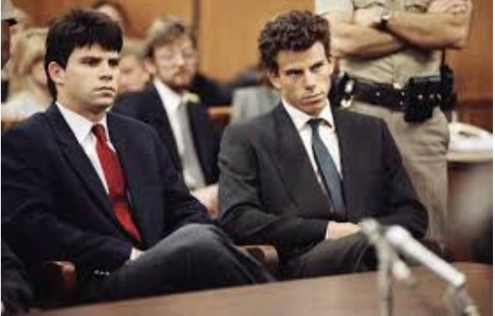As adulthood approaches, students vote in their first November election
Senior year not only marks the last year of high school for many students, but it is also a transition period as students turn 18 and officially become an adult.
Once 18, students are granted the ability to exercise their right to vote and are able to participate in all local, state, and national elections.
Students who turned 18 by Nov. 5 and who registered to vote by Oct. 15 were allowed to vote in Virginia’s 2013 gubernatorial election.
Some students were excited about this new opportunity but worried their vote wouldn’t be effective in the overall election.
“I am excited to vote in this election,” senior John Tiernan said. “To be honest, I don’t really feel like my vote matters, but I just want to do it because I am allowed to now.”
Government teacher Kim Moore asserts that every vote does actually count, and every vote is equally important. She argues that every student should have that mindset, or progression will not occur.
“Every vote counts,” said Moore. “You have to take a stance. If you’re not going to take a stance, then who else will? It’s similar to when you think something different than what your friends think and when you go against peer pressure. A vote is a stance.”
The candidates for governor were Republican Ken Cuccinelli, Democratic Terry McAuliffe, and Libertarian Robert Sarvis.
McAuliffe was declared the winner of the election with 55,220 votes more than Cuccinelli and 920,387 more votes than Sarvis.
“I voted for McAuliffe because I think he is the least evil and corrupt out of the three candidates,” Tiernan said.
Other students are not so invigorated by the prospect of voting in the state election, and plan to vote at a later time.
“I turned 18 in early October, so I could’ve voted, but I forgot to register,” senior Joey Owens said. “I wish I had registered, but I am more excited about voting for the national election than the state one.”
Some students also want to be readily informed about the candidates before voting at any time.
“I forgot to register by the date,” senior Katie Asmussen said. “The state election wasn’t too important for me because I didn’t know much about the candidates.”
Voting rates are typically low within the younger age group, with registration struggles and lack of interest cited as the leading causes. Moore believes young adults should be just as interested in politics as the rest of the population and encourages all young adults to vote.
“I think [young adults] are shaping our future, so I want them to be informed citizens who take responsibility for our leadership,” Moore said. “So, if they’re electing good candidates, then our country will go in a good direction.”












